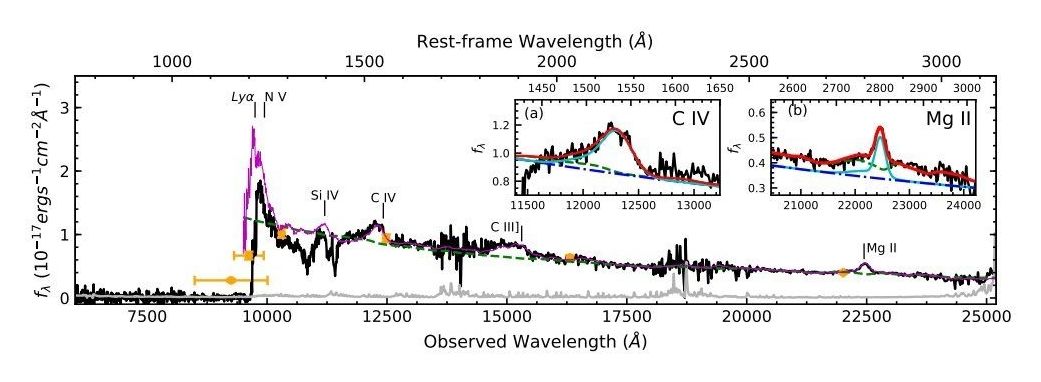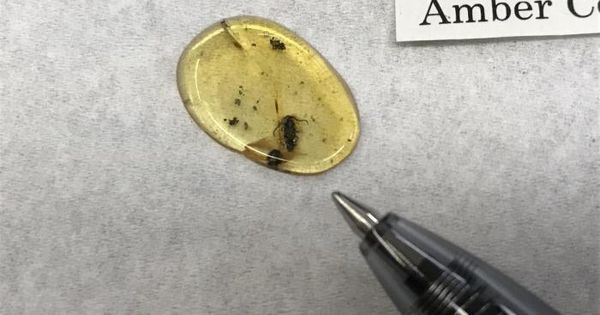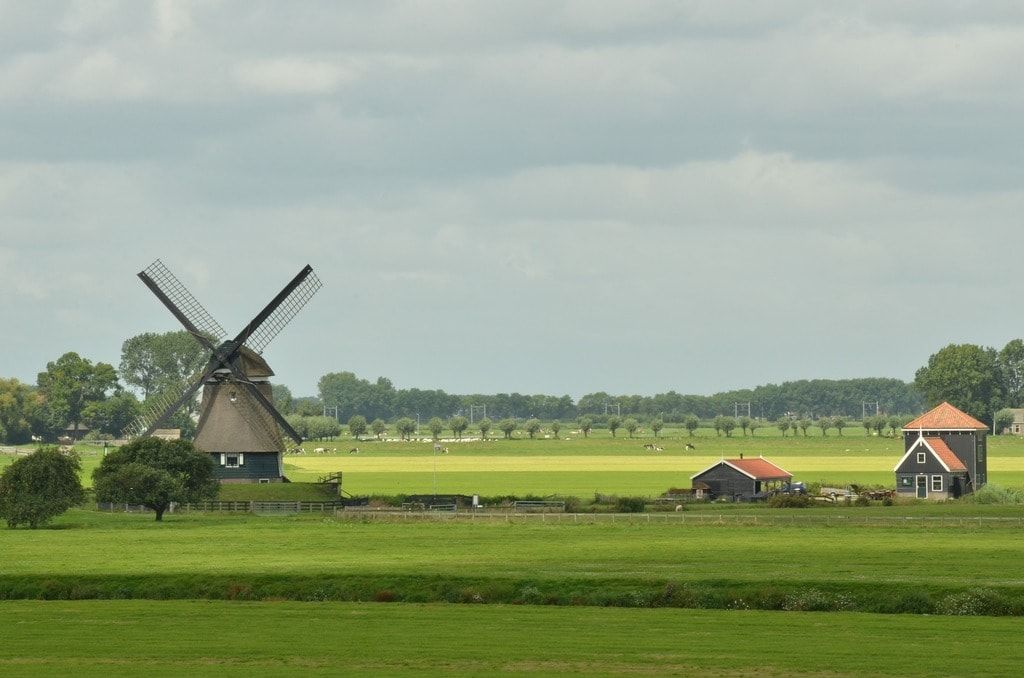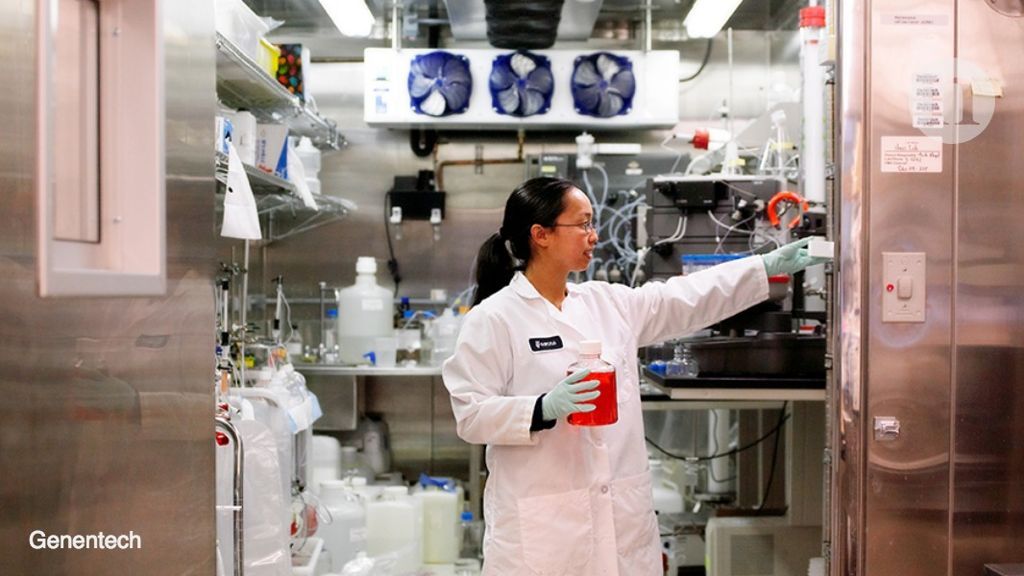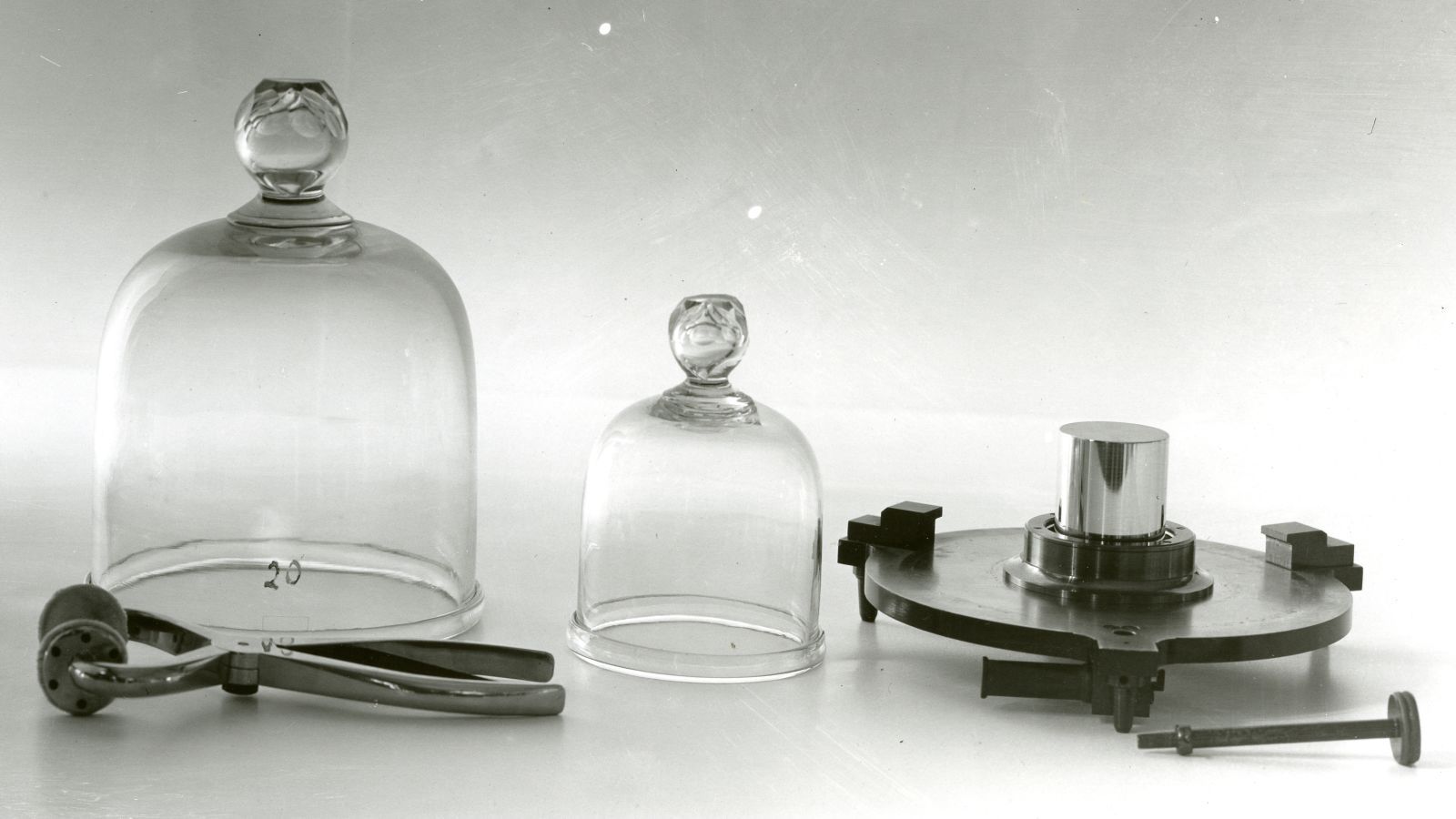Nov 7, 2018
Astronomers discover new luminous high-redshift quasar
Posted by Genevieve Klien in categories: cosmology, evolution
An international team of astronomers has detected a new luminous quasar at a redshift of 7.02. The newly found quasi-stellar object (QSO), designated DELS J003836.10–152723.6, is the most luminous quasar known at a redshift of over 7.0. The discovery is reported in a paper published October 29 on the arXiv pre-print repository.
Powered by the most massive black holes, bright quasars at high redshift are important for astronomers as they are perceived as the brightest beacons highlighting the chemical evolution of the universe most effectively. They are the most luminous and most distant, compact objects in the observable universe and their spectrum can be used, for instance, to estimate the mass of supermassive black holes (SMBHs).
However, high-redshift QSOs are extremely rare and difficult to find. So far, only two quasars with redshifts over 7.0 have been identified. This limits our understanding of SMBH growth mechanism and reionization history.
Continue reading “Astronomers discover new luminous high-redshift quasar” »
